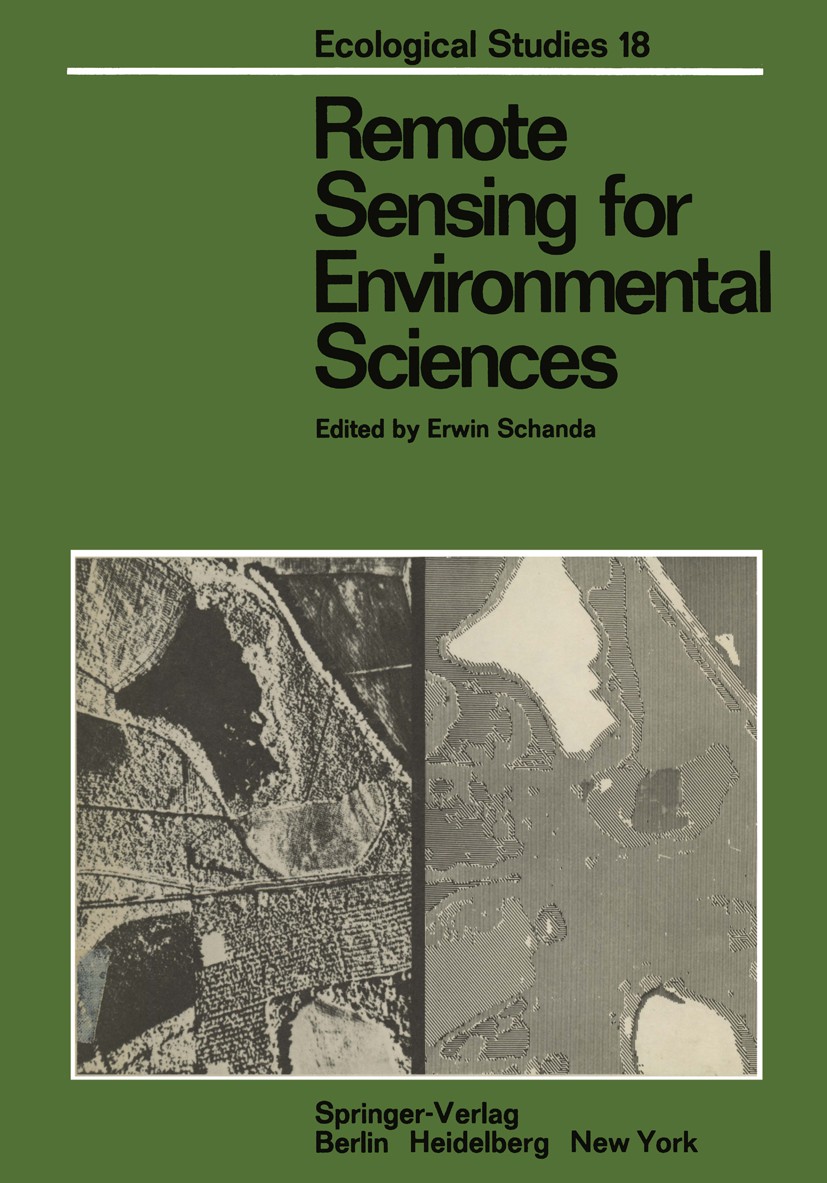| 书目名称 | Remote Sensing for Environmental Sciences |
| 编辑 | Erwin Schanda |
| 视频video | http://file.papertrans.cn/827/826916/826916.mp4 |
| 丛书名称 | Ecological Studies |
| 图书封面 |  |
| 描述 | The public‘s serious concern about the uncertainties and dangers of the conse quences of human activities on environmental quality demands policies to control the situation and to prevent its deterioration. But far-reaching decisions on the environmental policy are impaired or even made impossible as long as the relevant ecological relations are not sufficiently understood and large-scale quantitative information on the most important parameters is not available in sufficient quality and quantity. The techniques of remote sensing offer new ways of procuring data on natural phenomena with three main advantages - the large distance between sensor and object prevents interference with the environmental conditions to be measured, - the potentiality for large-scale and even global surveys yields a new dimension for the investigations of the environmental parameters, - the extremely wide, spectral range covered by the whole diversity of sensors discloses many properties of the environmental media not detectable within a single wave band (as e.g. the visible). These significant additions to the conventional methods of environmental studies and the particular qualification of several remo |
| 出版日期 | Book 1976 |
| 关键词 | environment; environmental policy; environmental science; environmental sciences; remote sensing |
| 版次 | 1 |
| doi | https://doi.org/10.1007/978-3-642-66236-2 |
| isbn_softcover | 978-3-642-66238-6 |
| isbn_ebook | 978-3-642-66236-2Series ISSN 0070-8356 Series E-ISSN 2196-971X |
| issn_series | 0070-8356 |
| copyright | Springer-Verlag Berlin · Heidelberg 1976 |
 |Archiver|手机版|小黑屋|
派博传思国际
( 京公网安备110108008328)
GMT+8, 2025-12-31 22:00
|Archiver|手机版|小黑屋|
派博传思国际
( 京公网安备110108008328)
GMT+8, 2025-12-31 22:00


